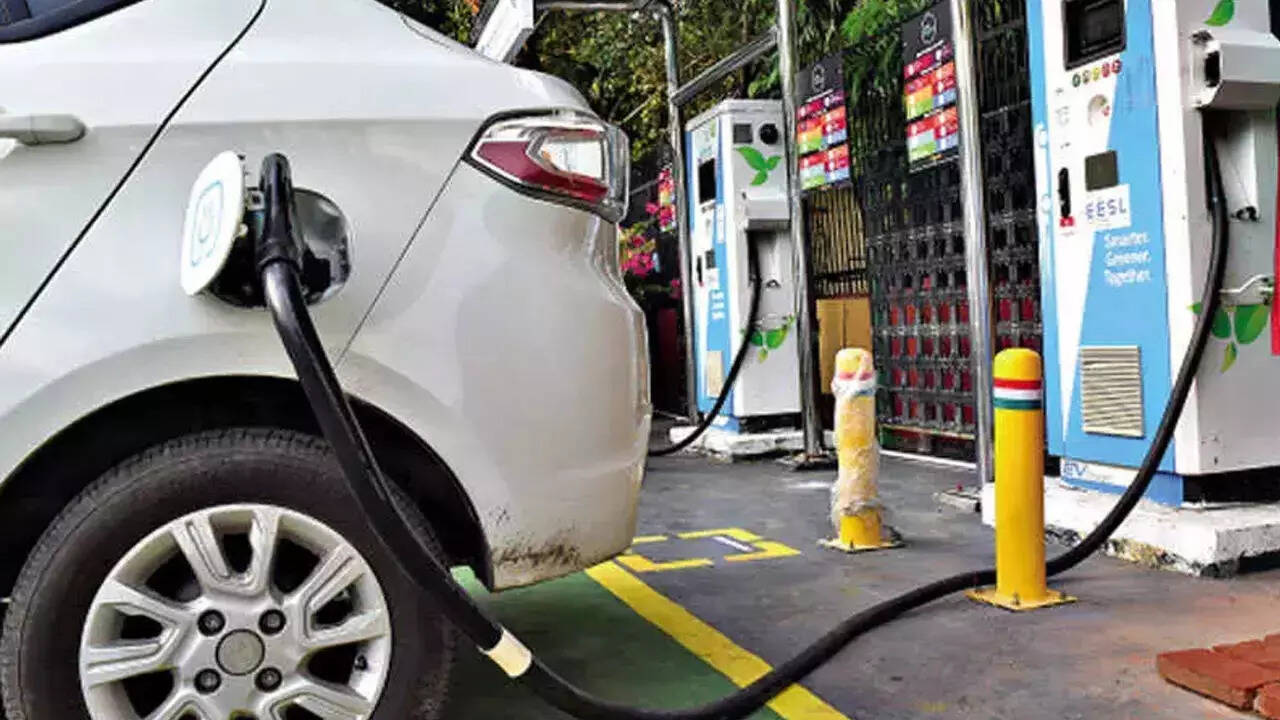
New car sales in Germany rose slightly last year, official figures published Wednesday showed, after two years of sharp drops caused by the coronavirus pandemic and supply bottlenecks.
A total of 2.65 million vehicles were registered in Europe‘s largest economy in 2022, according to the federal transport authority KBA, a 1.1 percent increase on the previous year.
While sales of petrol and diesel cars fell by 11.2 percent and 9.9 percent respectively last year, those of electric vehicles raced ahead.
In total, 470,559 battery-powered vehicles were registered in Germany last year, a 32.2 percent jump, and now represent 17.7 percent of German new car sales.
The overall improvement came after two years of plummeting sales. In 2020, new registrations plunged 19 percent year-on-year as a result of the Covid-19 outbreak, before falling a further 10.1 percent in 2021.
Compared with 2019, almost a million fewer cars were registered in 2022.
A revival in sales in the second half of last year, capped by a 38.1 percent surge in year-on-year sales in December, saved the German auto market from a new drop.
The strong finish meant that 2022 ended “on a positive note, even if the market as a whole fell well short of expectations”, the president of the VDIK car importers’ federation, Reinhard Zirpel, said in a statement.
Persistent shortages of key components — notably semiconductors — impacted the auto industry last year, limiting production in the flagship sector.
At the start of 2023, the supply challenges faced by carmakers seem to be waning.
The situation for the industry is still “fraught”, the Ifo institute think tank said Wednesday, but the “supply of intermediate products is easing slightly”.
The outlook for the industry nonetheless remains clouded, as the European economy flirts with recession.
“Falling purchasing power” for consumers will limit sales this year, EY analyst Peter Fuss said in a statement.
Also Read:
